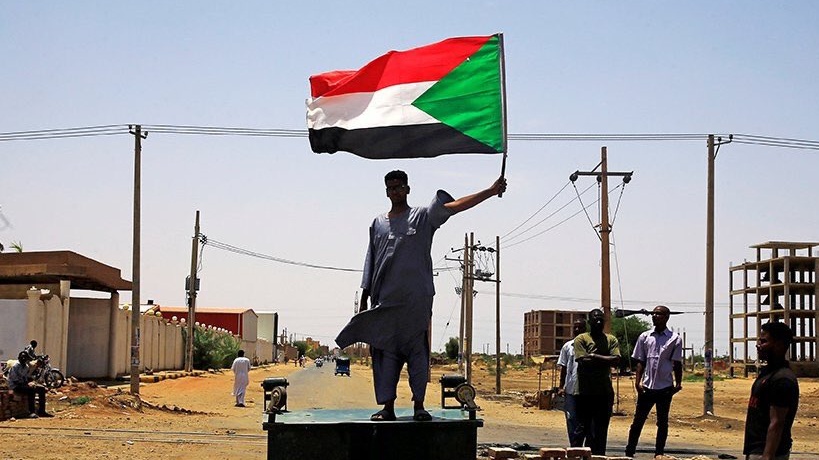Dozens of rapes were reported as civil unrest continues in Sudan.
Approximately 70 rapes were reported according to doctors working in Khartoum, the country’s capital, reports The Guardian. The attacks were carried out at a sit-in camp set up by civilians who were protesting military rule. They believe the assaults were committed by members of the paramilitary Rapid Support Forces.
Communications are limited but the claims are considered reliable and the actual number of sexual assaults is unknown. One doctor at Royal Care hospital claims eight people were treated for rape related injuries. Another hospital treated two more patients. Victims often avoid seeking medical treatment due to accessibility issues and fear of retaliation.
Sudan’s longtime president Omar al-Bashir was overthrown in April and the government has been unstable since the coup, according to Reuters. The initial agreement was a combination of military and civilian rule via sovereign council that was supposed to rule for a three-year interim period. The military’s unwillingness to cede power resulted in the creation of the protest camp.
Homes are being Raided.
Innocent Civilians are being Shot and Killed.
Women are being Raped.
Bodies are being Burned or Dumped in Rivers.
The internet is shut off
Praying for the people in Sudan who are brutally getting killed for nothing!#SudanMassacre
#prayingforSudan
pic.twitter.com/B9wJKuAqtv— K???? (@xxxstrangerxx) June 8, 2019
Civilian forces used tires and bricks to set up barricades around the city.
“These barricades are in fact a form of protection against the attacks waged by military forces of various kinds,” opposition leader Khaled Omar said on Monday.
“The revolution is ongoing and the peaceful methods of resistance continue. I believe that the revolutionary road taken since December will reach its goal in the end – maybe tonight, a month from now, or a year from now.”
The military responded with a violent attack at the camp on June 3, according to CNN. The death toll topped out at about 100 after 40 bodies were pulled from the Nile River. The Central Committee of Sudan Doctors (CCSD) blamed the RSF for the corpses found in the river. Lt. Gen. Abdel Fattah al-Burhan, leader of the ruling military council, said the deaths are under investigation.
"All involved in the events that lead to the disruption of the protests site will be held accountable and brought to justice," he said.
Al-Burhan expressed a willingness "to turn the page of the past and reopen a new page to reach a better future of our country."
The leader expressed hope elections would occur within nine months.
The attacks received international condemnation and assistance offers. Tibor Nagy, the United States’ ambassador to Africa, will visit Sudan this week to assist with negotiations between both parties. Ethiopian prime minister Abiy Ahmed was there last week to give his input. He suggested 15-member transitional council with a rotational presidency. The council would be comprised of eight civilians and seven military leaders.
The United Nations is also intervening.
We have proposed rapid deployment of a UN Human Rights monitoring team to examine violations in #Sudan. We also call for prompt, independent investigation into actions of the Rapid Support Forces, which include ex-Janjaweed elements: https://t.co/VrtKmKNubU
pic.twitter.com/Tyrrjm7pEj— UN Human Rights (@UNHumanRights) June 7, 2019
“We continue to be gravely concerned about the situation in Sudan and have proposed the rapid deployment of a UN human rights monitoring team to examine allegations of human rights violations committed,” the UN said in a statement.
“We are seeking the cooperation of the Government of Sudan to be able to deploy such a mission – which would seek to engage with relevant Sudanese authorities, civil society organizations and others – at the earliest opportunity.”

